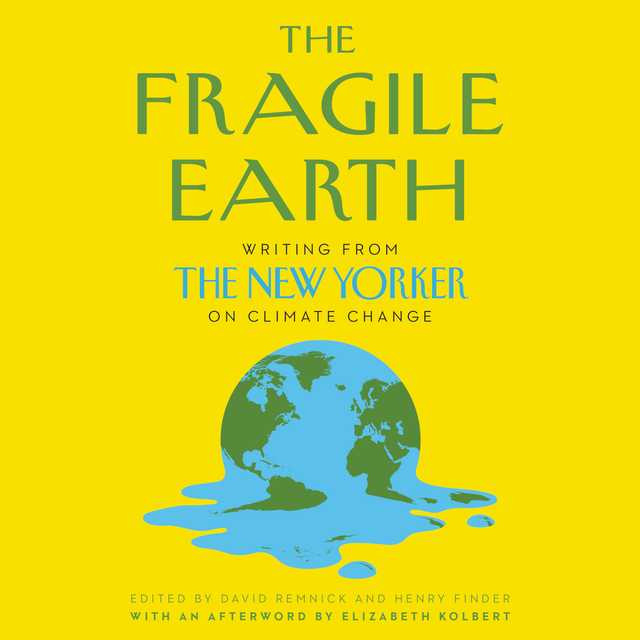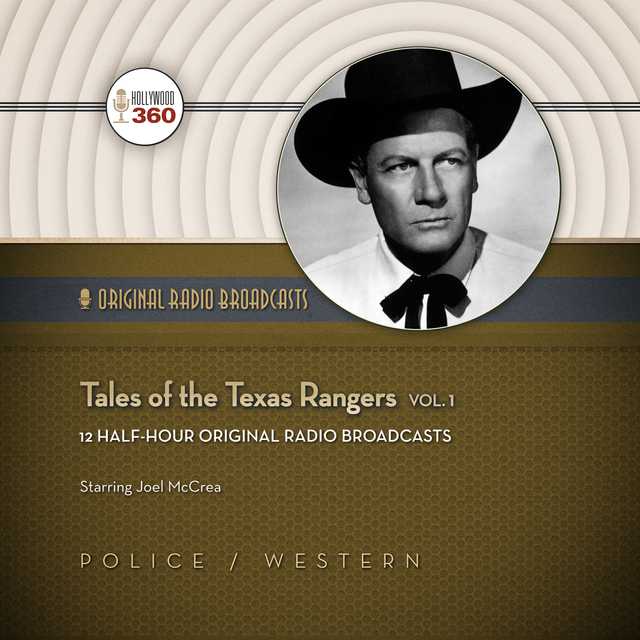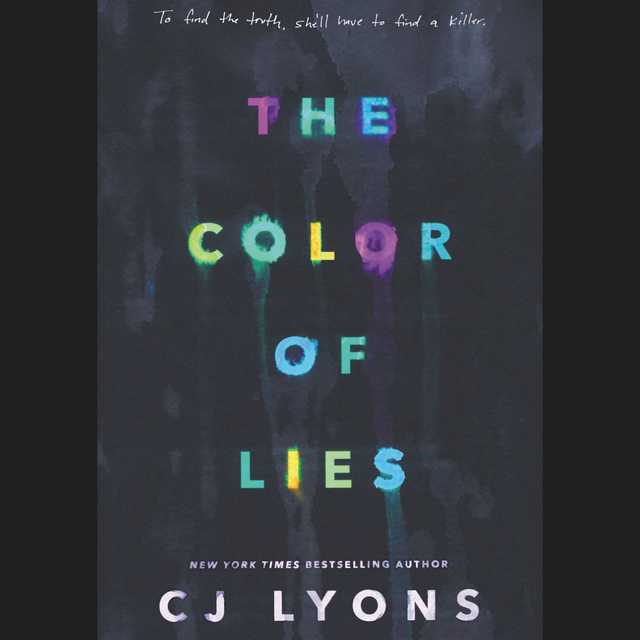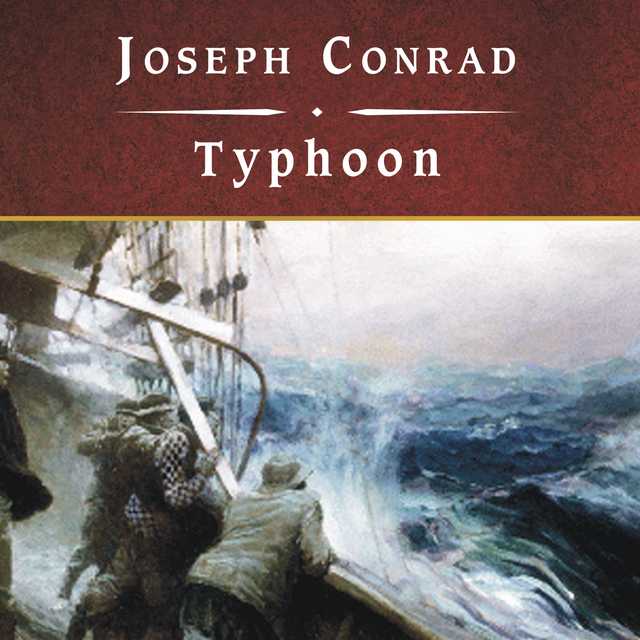The Fragile Earth Audiobook Summary
A New York Times New & Noteworthy Book
One of the Daily Beast’s 5 Essential Books to Read Before the Election
A collection of the New Yorker‘s groundbreaking reporting from the front lines of climate change–including writing from Bill McKibben, Elizabeth Kolbert, Ian Frazier, Kathryn Schulz, and more
Just one year after climatologist James Hansen first came before a Senate committee and testified that the Earth was now warmer than it had ever been in recorded history, thanks to humankind’s heedless consumption of fossil fuels, New Yorker writer Bill McKibben published a deeply reported and considered piece on climate change and what it could mean for the planet.
At the time, the piece was to some speculative to the point of alarmist; read now, McKibben’s work is heroically prescient. Since then, the New Yorker has devoted enormous attention to climate change, describing the causes of the crisis, the political and ecological conditions we now find ourselves in, and the scenarios and solutions we face.
The Fragile Earth tells the story of climate change–its past, present, and future–taking readers from Greenland to the Great Plains, and into both laboratories and rain forests. It features some of the best writing on global warming from the last three decades, including Bill McKibben’s seminal essay “The End of Nature,” the first piece to popularize both the science and politics of climate change for a general audience, and the Pulitzer Prize-winning work of Elizabeth Kolbert, as well as Kathryn Schulz, Dexter Filkins, Jonathan Franzen, Ian Frazier, Eric Klinenberg, and others. The result, in its range, depth, and passion, promises to bring light, and sometimes heat, to the great emergency of our age.
Other Top Audiobooks
The Fragile Earth Audiobook Narrator
Kaleo Griffith is the narrator of The Fragile Earth audiobook that was written by David Remnick
David Remnick has been the editor of The New Yorker since 1998 and a staff writer since 1992. His books include the Pulitzer Prize-winning Lenin’s Tomb: The Last Days of the Soviet Empire, King of the World: Muhammad Ali and the Rise of an American Hero, The Bridge: The Life and Rise of Barack Obama, and two collections of his magazine pieces.
About the Author(s) of The Fragile Earth
David Remnick is the author of The Fragile Earth
More From the Same
- Author : David Remnick
- The Bridge
- Lenin’s Tomb
- Fierce Pajamas
- Holding the Note
- Publisher : HarperAudio
- Abraham
- American Gods [TV Tie-In]
- Dead Ringer
- House of Sand and Fog
- Prey
The Fragile Earth Full Details
| Narrator | Kaleo Griffith |
| Length | 18 hours 41 minutes |
| Author | David Remnick |
| Category | |
| Publisher | HarperAudio |
| Release date | October 06, 2020 |
| ISBN | 9780063017573 |
Subjects
The publisher of the The Fragile Earth is HarperAudio. includes the following subjects: The BISAC Subject Code is Environmental Science, Science
Additional info
The publisher of the The Fragile Earth is HarperAudio. The imprint is HarperAudio. It is supplied by HarperAudio. The ISBN-13 is 9780063017573.
Global Availability
This book is only available in the United States.
Goodreads Reviews
Trenna
January 10, 2021
Strong collection of essays. Many were excellent, with only a few exceptions, and even those were great. Maybe only one "pretty good" writing included. The topics were appropriately varied when considering the broad effects of the climate emergency, and the overall result was an impassioned, two-day reading on my end. Get yourself a copy.
Jimmy
December 23, 2021
A must read. Quality essays as you would expect from The New Yorker.
Martyn
December 27, 2020
It takes some effort to think about climate change as a topic in history, and since this collection includes essays across several decades it serves as a reminder that the reality of this looming world-changing event crept into our minds over time. The earliest essay here is Bill McKibben’s famous 1989 “The End of Nature.” The other essays all come from the 2000s and 2010s. Three of the essays are by Elizabeth Kolbert, whose work shaped my understanding of climate change. I moved directly from these essays to her books like Field Notes from a Catastophe (2006) and The Sixth Extinction (2014). Several essays in this collection stir a faint memory of what it felt like to read them in the magazine, each adding in some small way to the growing realization of the magnitude of what we are facing. “The End of Nature” stands at the beginning; it is the longest essay in the collection and the earliest by 15 years. It functions as a kind of prophetic roadmap for what was to come, and it offers a kind of roadmap of what a rational response would look like. What makes this essay worth wrestling with now isn’t its early mastery of facts (a substantial accomplishment), but the metaphoric framework it offers up. The essay isn’t a warning for a cinematic “End of the WORLD,” but a more complex argument that we are in the process of losing everything we mean by the word “Nature.” The Earth is going to survive, but we are in danger of losing our relationship to the natural world. We will no longer be able to imagine ourselves as existing within a natural world that is separate and independent from us, rather the forces of climate change are step by step compelling us to master and manage the Earth and all its life-giving processes. The conclusion will be the loss of our sense of existing in Nature.McKibben argues for preserving the surrounding reality within which human life evolved. This can be summed up as an ethic of limitation. Humans should willingly draw back from their push for growth and mastery. This applies to everything from population to energy consumption to land use. We can either maximize human expansion and consumption or accept limitation.Exactly what a humbler world would look like I cannot say. We are used to planning utopias, worlds engineered for human happiness. But this would be something different—an “atopia,” perhaps, where the integrity of the planet, and not our desires, would be the engine. If our thinking changed, the details would follow of their own accord.The first thing to note is the directness of McKibben’s style. This isn’t theoretical language, but the kind of language that could grab general readers. Humility is itself a traditional virtue. The New Yorker pushes writers toward this kind of open language—the opposite of academic formats. A second point is that when it comes to climate change we have to change the thinking of society, and that should push us to study the structure of an event like religious conversion.
Jackson
November 28, 2022
Such incredible pieces of literature. I hadn't read anything by Bill Mckibben or the other authors prior to pick ing this up and I'm sure glad I did. Transcends the decades that each of the pieces were written in.
Chantal
January 21, 2021
In a way, it's hard to put my thoughts about this book into words. I don't think I can do better than what the publisher has already said: this collection of essays is urgent. So very, very urgent.I've never read The New Yorker beyond the odd online article or two. So what an excellent idea this book is - to reach new audiences. I'd heard of writers/journalists like Bill McKibben, but to my shame, I'd never actually read his work. Now, while I may be the choir this book is preaching to, I still learned many new things; and I saw familiar things through new lenses. The book is actually a little hard-going at the beginning, and I think that's because the first two essays (by Bill McKibben and Elizabeth Kolbert) aren't particularly "grounded" - they don't focus on any particular events or places. That isn't to say they aren't powerful, and eloquently, passionately written. Yet I really hit my reading stride when the essays took me to far-away lands: a glacier in India, Inuits in Alaska, solar-power users in Tanzania, fire managers in California. Each of these essays captivated me. Many terrified me. In fact, this book has probably sealed my decision not to have a child. The thought of bringing a new person into this almost-certainly doomed world (as we know it) is unbearable. There is little comfort to be found in this book. If you're looking for cherry-picked optimism, try something like Gaia Vince's 'Adventures in the Anthropocene'. Reading 'The Fragile Earth', meanwhile, felt like bearing witness. (With thanks to William Collins and NetGalley for a copy of this book in exchange for an honest review)
S
April 23, 2021
Amazing. As much as I disliked the book ‘all we can save’ because of its unevenness and repetition, I loved this book. Carefully curated from three decades of articles almost every chapter here shines. It covers all the bases- fire, engineering, food, climate models. There are one or two duds but there is really great story craft, narrative and science journalism here. You are immersed in the experiments and environments and personalities. Highly recommend
Giada
December 31, 2021
Libro molto interessante, sono articoli pubblicati sul New Yorker che hanno come argomento il cambiamento climatico e tutte le ricerche derivate dagli anni ottanta fino ad ora.
Prathiba
July 13, 2021
A New Yorker compilation needs no endorsement - but what I found especially noteworthy here was the breadth / range of essays, which makes the entire selection a compelling read even for a novice. The book assembles essays written over decades and I found the older ones especially chilling and a poignant reminder of our failure. It's been more than a month since I read this, and I find myself remembering bits and pieces of the essays everyday - and I can't look at a penguin again without recalling the essay about the lone emperor penguin in a colony of adelies as observed on an Antarctic expedition. This is a book guaranteed to keep you up at night - and a reminder that we truly are in an emergency.
Trace
October 11, 2020
Some highly intriguing stories in this compilation. One can't help but compare and contrast. There are definitely stories that are more interesting, thought-provoking, educational, and written in a style that is more engaging than others. It makes it difficult to read the stories that are basically outlines of facts, especially when you're reading it in Audible format. It might not have not been the intent of the editors for this book to have a target audience of audible listeners, but today that needs to be taken into consideration with the popularity of this reading format. The book does tackle a lot of direct and indirect effects of climate change. For instance, one favorite of mine was the story on veggie-meat products and the agricultural industry.
Brandon
June 21, 2021
What a fantastic collection of stories. In books of essays or short stories, I typically mark the pieces that stood out as outstanding in the table of contents, but for this book, each piece resonated so much that I had trouble distinguishing them. Even Bill McKibben’s End of Nature, which I’ve read several times, read just as good on a reread. Divided into three sections — how we got here, where we are, and what we can do now — this book offers fantastic examinations of the climate emergency: its origins, its consequences, and the possibilities of mitigation and adaptation; or, in other words, its past, present, and future. Notably, the book brings to light the need for and importance of climate writing: “climate change isn’t an ‘issue’ to be considered among a list of others. Rather, it concerns the very preconditions for all species to go on living on this planet… [this book] contributes to a shared sense of urgency — and to a shared sense of change.” Like I mentioned, every essay in this collection is worth reading, but here are some that stand out: “Writes in the Storm,” where Kathryn Schulz explains the history of weather as both an empirical model and a symbolic one, with the science of meteorology slowly replacing the literary impact of its majesty; “The Inferno,” where Christine Keneally describes Black Saturday, a tale of fighting one of Australia’s worst fires in history and the now-complicated implications of the country’s “stay or go” policy. We also get a fantastic piece by Jonathan Franzen, “The End of the End of the World,” where the novelist goes to Antarctica to see a pristine landscape and a remote species, all within the frame of celebrating a relative’s memory and exploring the meaning of love within a dying world. And we get David Owen’s “Green Manhattan,” which dives into the eco-friendly lifestyle of urban spaces and made me rethink the preconceived notions of places like NYC as antitheses to environmental lifestyles and further enraged me on suburban sprawl and the modern American dream of mini-Monticellos, all made possible by the car and the infrastructure created to cater to it.
David
December 23, 2022
An engaging anthology of essays. Many in a reflective sense, issues we’ve know about for decades and yet these voices rang hollow in the halls of decision making. There are some glimmers of hope for potential actions and paths forward, though none without consequence, as we’ve crossed a few too many thresholds to completely avert climate change. Kolbert puts it bluntly in the afterword, “At this point, there's simply no possible future that averts dislocation. Billions of people will have to dramatically change the way they live or the world will change dramatically or we will see some combination of the two. My experience reporting on climate change, which now spans almost twenty years, has convinced me that the most extreme out-comes are, unfortunately, among the most likely. As the warnings have grown more dire and the consequences of warming more obvious, emissions have only increased that much faster.”A few more good quotes:- “If our way of life is ending nature, it is not too radical to talk about transforming our way of life.” - “Life is precarious, and you can crush it by holding on too tightly, or you can love it…Even in a world of dying, new lives continue to be born.”- [On managed retreat], “not everybody is going to live where they are now and continue their way of life, and that is a terrible, and emotional reality to face.”- “Climate change is not so much a reduction in productivity as a redistribution, and it’s one in which the poorest people on earth get hit the hardest and the rich world benefits.” It’s hard to finish this collection and not walk away sensing the doom and gloom is already on the horizon. I suppose the only respite is we just have to keep moving forward because there is no other way. Finding the solace in the next day. And if we can make things a little better along the way then let’s do it wholeheartedly.
Ryan
January 10, 2022
My hope for this book was to get a beginner's course in climate change - both what has been reported over the past several decades but also the on the ground work that might not be widely known. In this respect, The Fragile Earth certainly delivered. As one would guess, it's hard, if not completely illogical, to be optimistic after reading this, but there were many worthwhile stories (some of which didn't even have climate change as the main focus necessarily). This is a collection I feel like I will draw from for some time.
Lynn
January 22, 2021
The New Yorker on Climate ChangeThis is a collection of various articles by The New Yorker about Climate Change. It contains essays by Johnathan Franzen and other famous writers. The articles cover air, land and water ecosystems all over the world and how climate change is drastically changing it. Two I found very interesting are the receding glaciers in the Himalayas that endangers seven million people in the lowlands who depend on the water from the mountains. There’s also an article on the flooding during Hurricane Sandy in New York City.
Riccardo
January 20, 2021
Great collection of essays that appeared in the New Yorker. I don’t know why I don’t have a subscription to that magazine, any writer that I’ve ever read from them has been solid. This was a great read because half the time you don’t even realize it’s talking about climate change... but then BAM. Whether it’s penguins or politics, this collection does a great job of covering the breadth of effects that climate change is having on humans and the world we live in. Great read.
Most Popular Audiobooks
Frequently asked questions
Listening to audiobooks not only easy, it is also very convenient. You can listen to audiobooks on almost every device. From your laptop to your smart phone or even a smart speaker like Apple HomePod or even Alexa. Here’s how you can get started listening to audiobooks.
- 1. Download your favorite audiobook app such as Speechify.
- 2. Sign up for an account.
- 3. Browse the library for the best audiobooks and select the first one for free
- 4. Download the audiobook file to your device
- 5. Open the Speechify audiobook app and select the audiobook you want to listen to.
- 6. Adjust the playback speed and other settings to your preference.
- 7. Press play and enjoy!
While you can listen to the bestsellers on almost any device, and preferences may vary, generally smart phones are offer the most convenience factor. You could be working out, grocery shopping, or even watching your dog in the dog park on a Saturday morning.
However, most audiobook apps work across multiple devices so you can pick up that riveting new Stephen King book you started at the dog park, back on your laptop when you get back home.
Speechify is one of the best apps for audiobooks. The pricing structure is the most competitive in the market and the app is easy to use. It features the best sellers and award winning authors. Listen to your favorite books or discover new ones and listen to real voice actors read to you. Getting started is easy, the first book is free.
Research showcasing the brain health benefits of reading on a regular basis is wide-ranging and undeniable. However, research comparing the benefits of reading vs listening is much more sparse. According to professor of psychology and author Dr. Kristen Willeumier, though, there is good reason to believe that the reading experience provided by audiobooks offers many of the same brain benefits as reading a physical book.
Audiobooks are recordings of books that are read aloud by a professional voice actor. The recordings are typically available for purchase and download in digital formats such as MP3, WMA, or AAC. They can also be streamed from online services like Speechify, Audible, AppleBooks, or Spotify.
You simply download the app onto your smart phone, create your account, and in Speechify, you can choose your first book, from our vast library of best-sellers and classics, to read for free.
Audiobooks, like real books can add up over time. Here’s where you can listen to audiobooks for free. Speechify let’s you read your first best seller for free. Apart from that, we have a vast selection of free audiobooks that you can enjoy. Get the same rich experience no matter if the book was free or not.
It depends. Yes, there are free audiobooks and paid audiobooks. Speechify offers a blend of both!
It varies. The easiest way depends on a few things. The app and service you use, which device, and platform. Speechify is the easiest way to listen to audiobooks. Downloading the app is quick. It is not a large app and does not eat up space on your iPhone or Android device.
Listening to audiobooks on your smart phone, with Speechify, is the easiest way to listen to audiobooks.






























